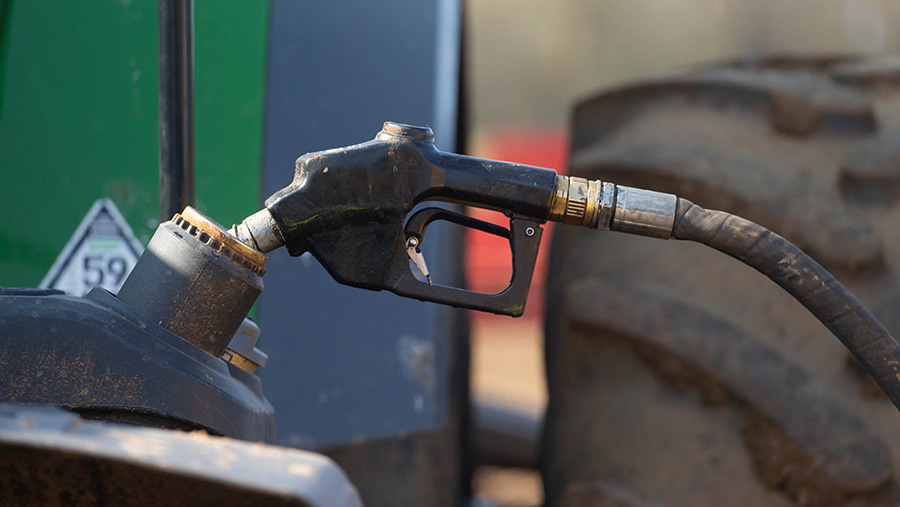Opinion: Frugality in times of ag inflation is second nature
 © Tim Scrivener
© Tim Scrivener Russia’s president Putin, with his brutal invasion of Ukraine, has unleashed such unprecedented “ag inflation” on UK agriculture that it now threatens to destabilise our whole industry.
I did write about the growing threat to farmers from rising costs in these pages back in October.
I recalled my father’s experience of farming in the 1970s, when annual inflation regularly exceeded 20%.
But the current rise in food production costs, caused by the war, surely has no precedent in modern history.
See also: Ukraine war to squeeze farm margins as input inflation bites
Yes, the 1970s were difficult, but fertiliser prices didn’t triple in just a few weeks. Nor, I’m sure, did fuel merchants refuse to quote a price for red diesel at the point of order, but only ring with it on the day of delivery.
I’d also be surprised if agricultural contractors sent out bills that stated: “Due to the increase in fuel prices, we have had to increase our prices” without any consultation with their clients beforehand.
All three of these unsettling events have happened to me in recent weeks.
My arable production poses the obvious concern because the financial stakes have been raised so high. Yes, grain and oilseed prices have shot up, but will they hold and, if they don’t, what might the extent of my losses be?
I’m also a share farmer on some of my arable land and although, fortunately, all the inputs for this season were purchased before the invasion, I’ve yet to have a discussion with the landowners about the implications of them buying ammonium nitrate at £902/t, or 0-24-24 at £586/t, or seed at hugely inflated prices.
With new-crop feed wheat at little more than £250/t, I fear there will be much soul searching about what crop to sow next year or, dare I say it, whether to sow a crop at all.
With my beef and lamb production, the stakes are less high, as both these enterprises are organic, so I don’t apply inorganic fertilisers or pesticides to the land.
But the economics of red meat production could be under just as big or even greater threat than my arable cropping because, unlike grain, there has so far been little or no uplift in farmgate beef or lamb prices.
This is particularly true of the beef enterprise. As my main agriculture contractor likes to say to me with a teasing smile as he hands me his annual bill (that usually runs to tens of thousands of pounds): “Cattle make work for tractors, Stephen.”
So what can I do to survive such times as these? I suppose one aspect of the way I do my business is that I will have to take more of an interest in producing food on contract so I only commit to production if I know the end price and have a clear idea of what the cost of inputs will be.
This might not be hard for the arable side of my business, but will be a lot trickier for the beef and lamb as, with an organic system, one can never be sure of growth rates and exactly when stock will fatten.
Apart from that, my only thought about how to survive this Putin-induced crisis is to limit my expenditure on inputs, machinery and labour across the board. At least that part comes as second nature.

